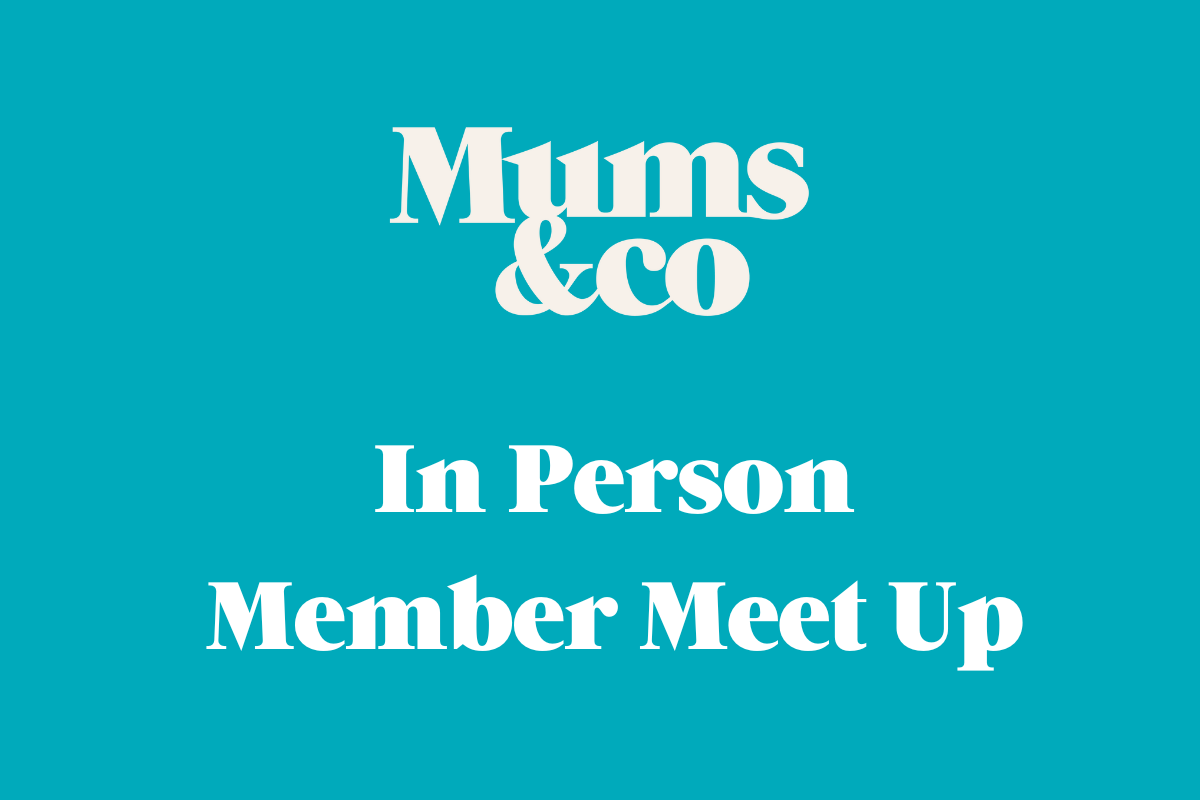How To Buy A Business
Buying a business can be an exciting move. However, without the right advice and planning, it could lead to financial stress.
Whether you’re already the owner of an existing business and want to add another business asset to your investments, or you are keen to trade in your current job for an adventure in the world of small business, buying a business can be an exciting move. However, without the right advice and planning, it could lead to financial stress.
To make sure you’re doing your due diligence, checking out the history of the business is a critical first step. Although a solid history might not guarantee a rosy future (your ongoing management, as well as the influence of other forces, such as competitors and the economy all play a part in your future business success), it is sensible to see past performance to explore if the business is worth your investment.
Don’t just take the business owner’s word for it, of course - even if they do show you what seem to be accurate figures. Before you outlay some serious cash for someone else’s business, invest in some investigative protection by getting a second (or third) opinion from people who know the space. An experienced business broker can be a great person to consult with and an accountant who can go over the figures with a fine-toothed comb is also an important person to have on your side.
Assessing The Value of A Business
Your role as a prospective business owner is to determine the current worth of the business - plus its future prospects.
To help you assess that, it’s a good idea to ask yourself the following questions:
- Why is the business being sold?
- What is the business' customer base? Who are the current suppliers? What contracts are in place, if any?
- What are the fixed and variable costs that keep the business afloat? Make sure you add staff costs, property or equipment rental, marketing commitments, other contracts with various suppliers or contractors.
- What do the profits look like? How many years of financial records can you see?
- Does the business have any assets? Is there any unique intellectual property?
- If the business deals with inventory, ask if there are any ongoing fees for storing/warehousing goods and delivery contracts?
- Does the business have outstanding debts?
- Have you checked the purchase agreement carefully?
- How will taxes add to the purchase price and future business operations? Consider GST, Capital Gains Tax, and don’t forget to factor in the implications of stamp duty.
- Are there any legal issues associated with the business?
- What type of business structure is set up? Do you understand the different legal, tax and record-keeping requirements of the existing business structure, or the one you hope to change to?
Partnerships
If you’re buying a business with a business partner, it’s critical to seek advice from an experienced lawyer. A partnership agreement is a vital ingredient and if you are going into business with a friend or family member, it’s important to go in with your eyes wide open. Too many important relationships have fallen apart thanks to ill-advised business decisions. Don’t let dumb business management ruin your special relationship.
Without A Plan, You Plan To Fail
The reason it’s such a well-known saying is because it’s very true.
If you haven’t written a business plan and a marketing plan before, talk to your experienced business accountant, or find yourself a trusted and experienced business coach to help you. By documenting your objectives clearly, you can put the proper things in place to boost your chances at business success.
Buying a Franchise
For many first-time business owners, buying into a franchise can seem like a gentle introduction to the world of small business. But beware – without the right legal advice, you might be buying a headache.
Make sure you understand the expectations on both sides of the franchisee/franchisor relationship and understand that, even with an established franchise, your efforts still have a direct impact on your income.
-1.png)

.png)

.png)






